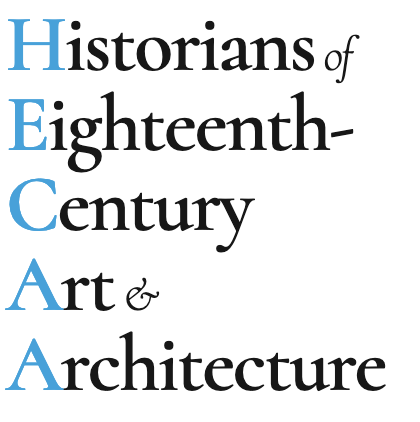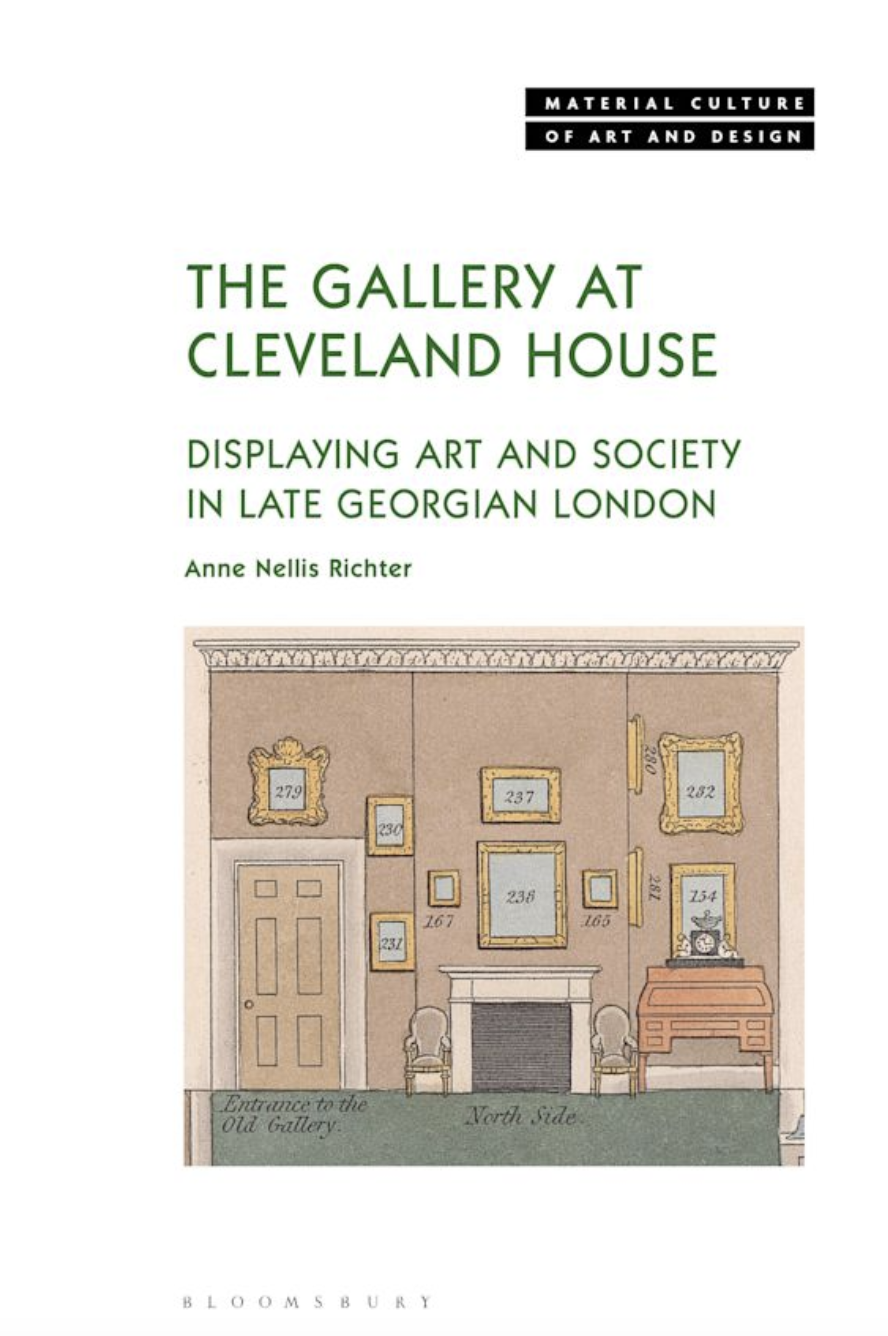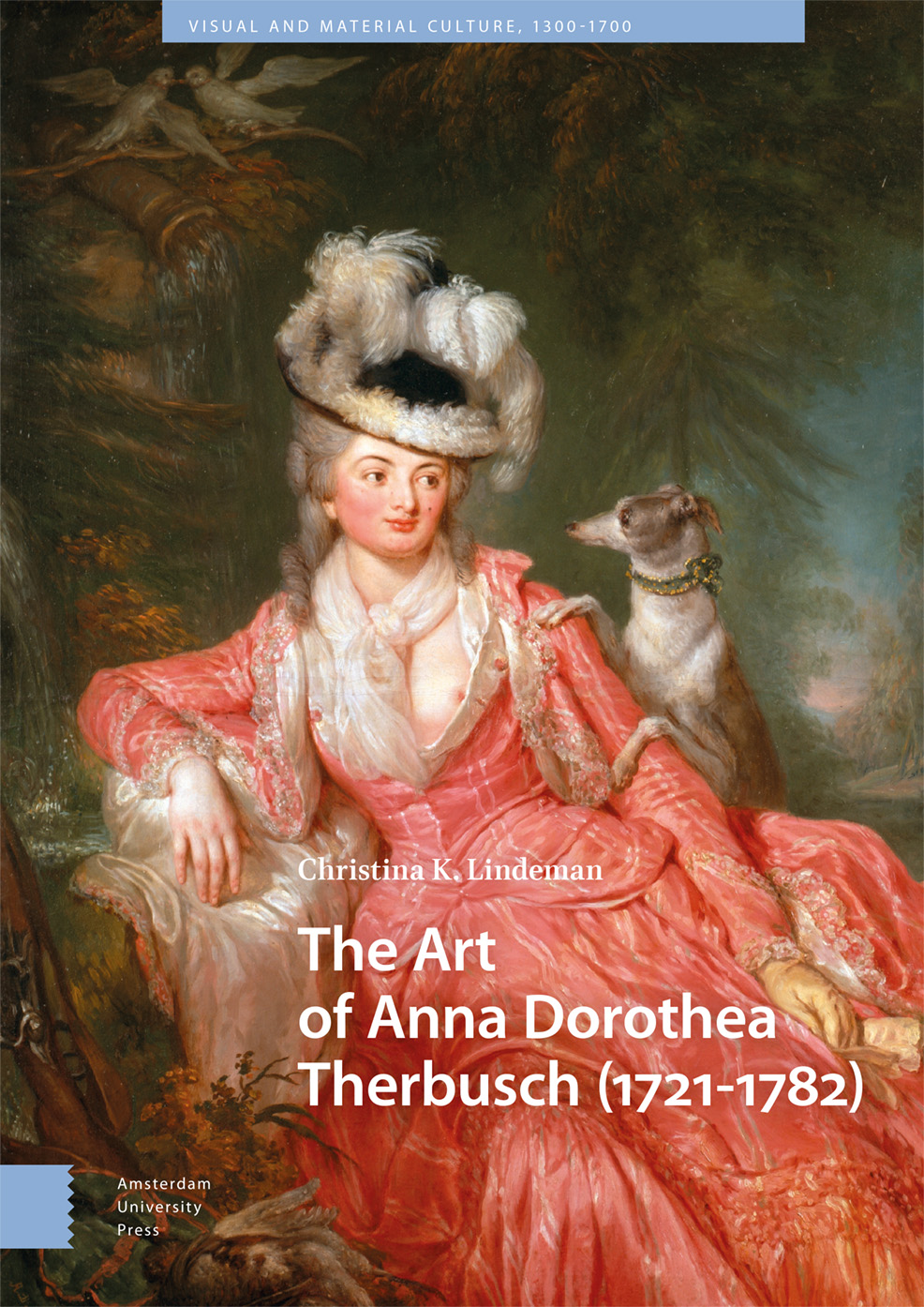Call for Papers | Windows in British Architecture and Visual Culture
From the Call for Papers:
‘What Light through Yonder Window Breaks?’: The Window as Protagonist in British Architecture and Visual Culture
Paul Mellon Centre, London, 21–22 November 2024
Proposals due by 8 July 2024
From the quintessentially romantic ‘balcony scene’ in William Shakespeare’s Romeo and Juliet to the visceral tension of Alfred Hitchcock’s classic 1954 film Rear Window; in paintings, prints and photography; in architectural drawings and their realisation in three-dimensional form, the window has played a significant role in almost every medium of artistic expression. The window serves, both literally and figuratively, as a boundary between interior spaces and the external world, between humans and nature, between the familiar and the unknown.
As we mark five years this winter since the outbreak of Covid-19, we recognise how recurring lockdowns underscored our own personal consciousness of the boundary between interior and exterior. More than a boundary, however, the window also acts as a frame, helping to define and mediate how we see and interact with the spaces around us, not least providing a view of the world outside from a place of relative protection from the elements—an important consideration following the world’s hottest year on record. Across visual media and architectural design, the window is central to a broad range of issues, including self-representation, privacy and security, surveillance and voyeurism, spiritual and religious symbolism, climate and the environment, and technological and industrial innovation.
This conference will explore the multifaceted, multi-purpose nature of the window as protagonist, with an emphasis on its place in British architecture and visual culture, broadly conceived. A range of interdisciplinary papers presented by international scholars will provide a platform for dynamic and engaging discourse that forefronts the cultural and social significance of the window in its many guises as object, as boundary, as frame, and as mediator. As part of this two-day conference, we invite proposals for papers that consider the various roles of the window across periods, media and disciplines; we are committed to championing new voices, and especially encourage proposals from graduate students and early career researchers.
Possible topics could include but are not limited to:
• How the view is framed: what is shown/captured from/through a window, window placement within a room/building, the relation between the window and the picture plane
• The figure at the window (or its absence): issues surrounding gender and voyeurism, the use of the window in literature as narrative or plot device
• Inequality: surveillance, power imbalances between inside and outside, window breaking in times of social unrest, historical window/glass taxes
• Privacy and security: elevated windows (in prisons, banks, libraries, museums), bars on windows and locking mechanisms, window dressings (curtains, blinds, shutters), window use/placement in urban versus rural environments, jali and mashrabiya
• Windows and the environment: keeping out the elements, smart windows, protecting objects from UV light (especially in museums or historic buildings)
• Setting the tone or conveying a message: contrasting light levels between inside and outside or between one space/room and the next, coloured or stained-glass windows in ecclesiastical (or secular) architecture, types/shapes of windows as linked to specific architectural styles
• Windows in motion: in vehicles, trains, ships, aeroplanes, and on film
• The window extended: full-length windows and architectural permeability, shopfront windows, glass roofs/structures
Please submit the following by noon (BST), 8 July 2024, using ‘CFP: WINDOW’ as the subject line, to events@paul-mellon-centre.ac.uk:
• 200-word abstract outlining the topic of your paper
• short biography of approximately 100 words (please do not send CVs)
The abstract and biography should be combined in a single Word document and submitted as an email attachment. Incomplete or late submissions will not be considered. Successful contributors selected through this open call will be paid a fee of £150 for their contribution and reasonable travel and accommodation costs will be covered. Please feel free to share with us any other pertinent information, such as required adjustments or access needs, and we will do our best to accommodate them.
The symposium is convened by Rebecca Tropp (Paul Mellon Centre).



















leave a comment